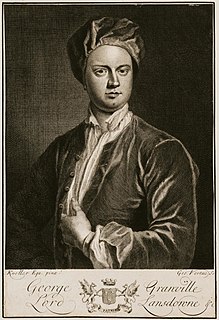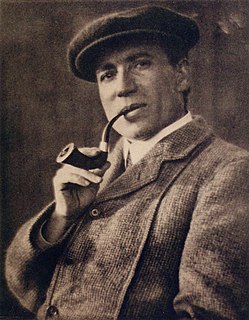A Quote by Francois de La Rochefoucauld
Love of fame, fear of disgrace, schemes for advancement, desire to make life comfortable and pleasant, and the urge to humiliate others are often at the root of the valour men hold in such high esteem.
Related Quotes
What is required is the finding of that Immovable Point within one's self, which is not shaken by any of those tempests which the Buddhists call 'the eight karmic winds': 1-fear of pain, 2-desire for pleasure; 3-fear of loss; 4-desire for gain; 5-fear of blame, 6-desire for praise; 7-fear of disgrace; [and] 8-desire for fame.
I have found strength where one does not look for it: in simple, mild, and pleasant people, without the least desire to rule -- and, conversely, the desire to rule has often appeared to me a sign of inward weakness: they fear their own slave soul and shroud it in a royal cloak (in the end, they still become the slaves of their followers, their fame, etc.)
We are become Middle Men, of the Twilight, but with memory of other things. For as the Rohirrim do, we now love war and valour as things good in themselves, both a sport and an end; and though we still hold that a warrior should have more skills and knowledge than only the craft of weapons and slaying, we esteem a warrior, nonetheless, above men of other crafts. Such is the need of our days.
America, in the eyes of the world, typifies above all else this quality of initiative. The greatest successes are nearly all the fruit of initiative. Why do we hold in such high esteem the achievements of the Wright brothers? Because they were illustrious examples of initiative and tenacity. And ideas are born of initiative, the children of men and women of initiative. Advancement is applied initiative. Don't imitate. Initiate.
Weakness for wealth and for collecting and owning things of different kinds; the urge for physical (sensuous) enjoyment; the longing for honour, which is the root of envy; the desire to conquer and be the deciding factor; pride in the glory of power; the urge to adorn oneself and to be liked; the craving for praise; concern and anxiety for physical well-being. All these are of the world; they combine deceitfully to hold us in heavy bonds.
To accept struggle as part of life, to accept all of it, even the darkest moments of anguish; to be motivated by love rather than fear, by confidence rather than insecurity: these are the benchmarks of high self-esteem. The wish to avoid fear and pain is not the motive that drives the lives of highly evolved men and women; rather, it is the life force within them, thrusting toward its unique form of expression-the actualization of personal values.
Suicide is not to fear death, but yet to be afraid of life. It is a brave act of valour to contemn death; but when life is more terrible than death, it is then the truest valour to dare to live; and herein religion hath taught us a noble example, for all the valiant acts of Curtius, Scarvola, or Codrus, do not parallel or match that one of Job.
Obviously, the real issue has nothing to do with fear itself, but, rather, how we hold the fear. For some, the fear is totally irrelevant. For others, it creates a state of paralysis. The former hold their fear from a position of power (choice, energy, and action), and the latter hold it from a position of pain (helplessness, depression, and paralysis).




































